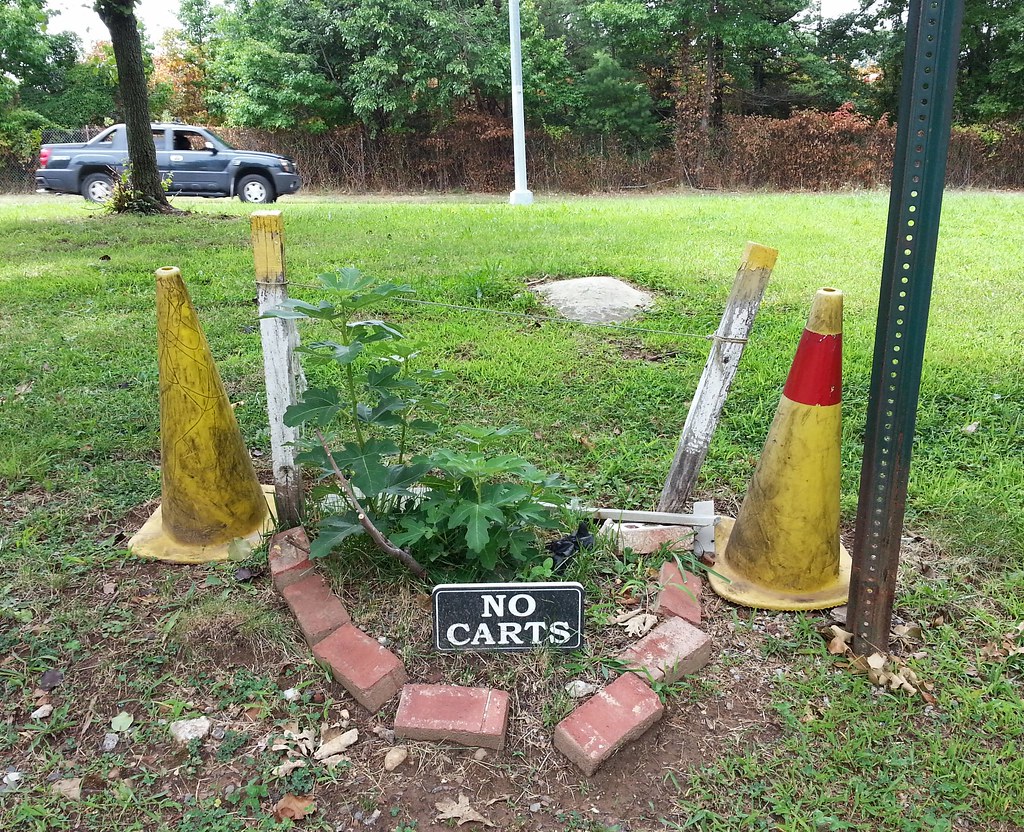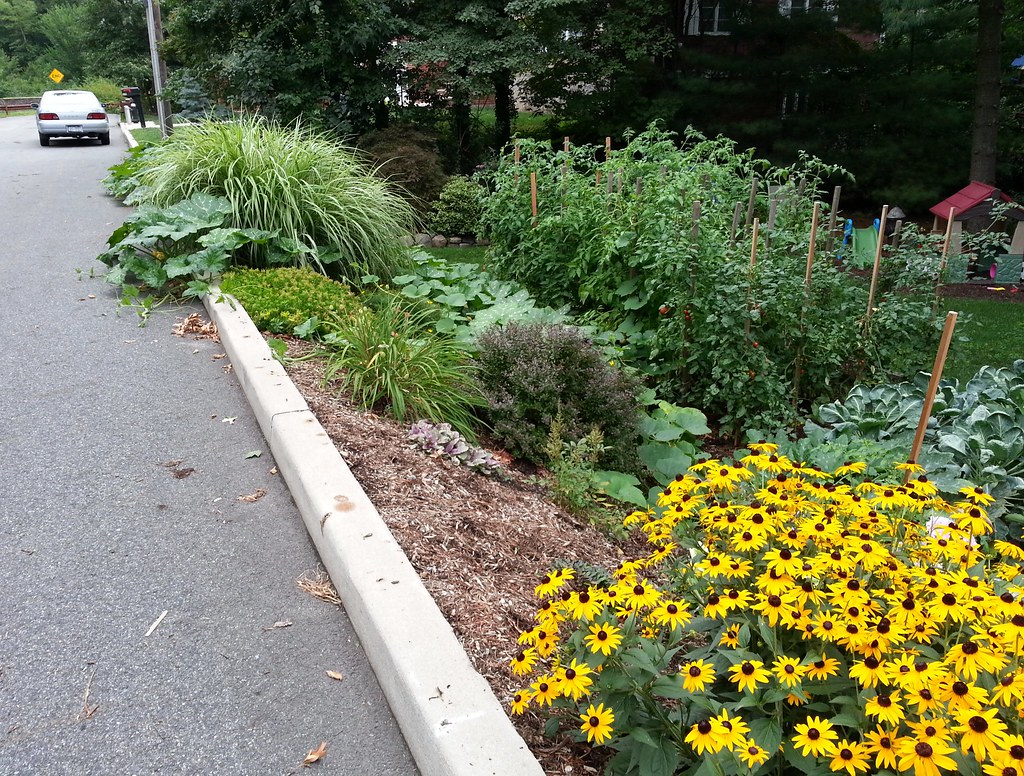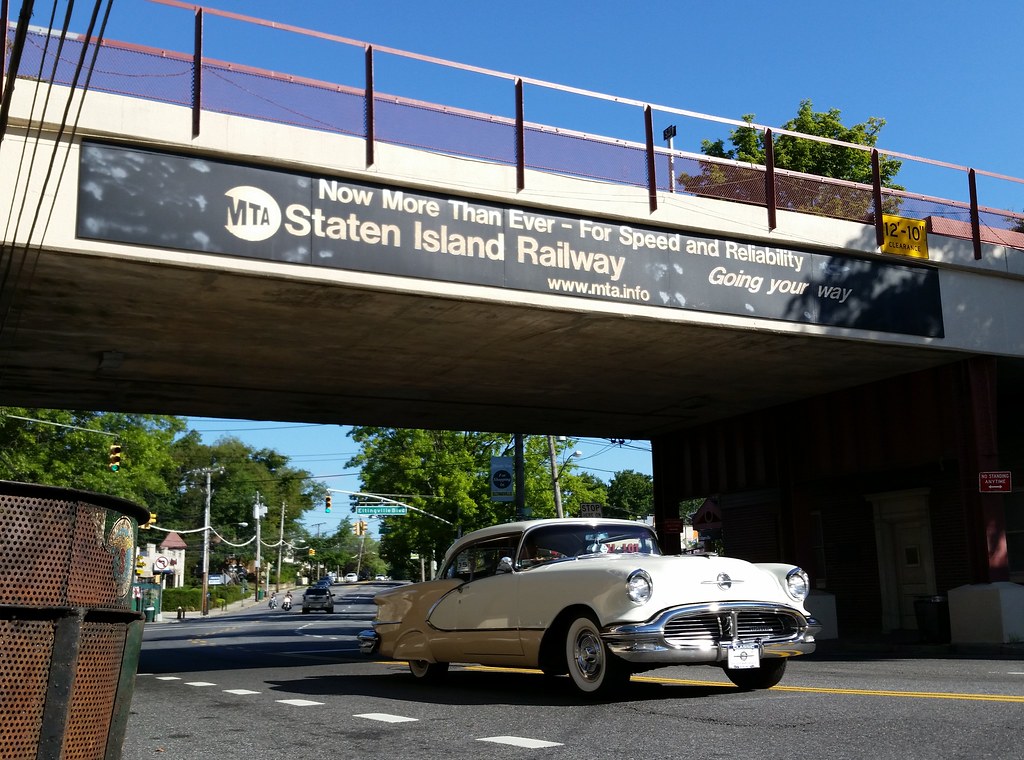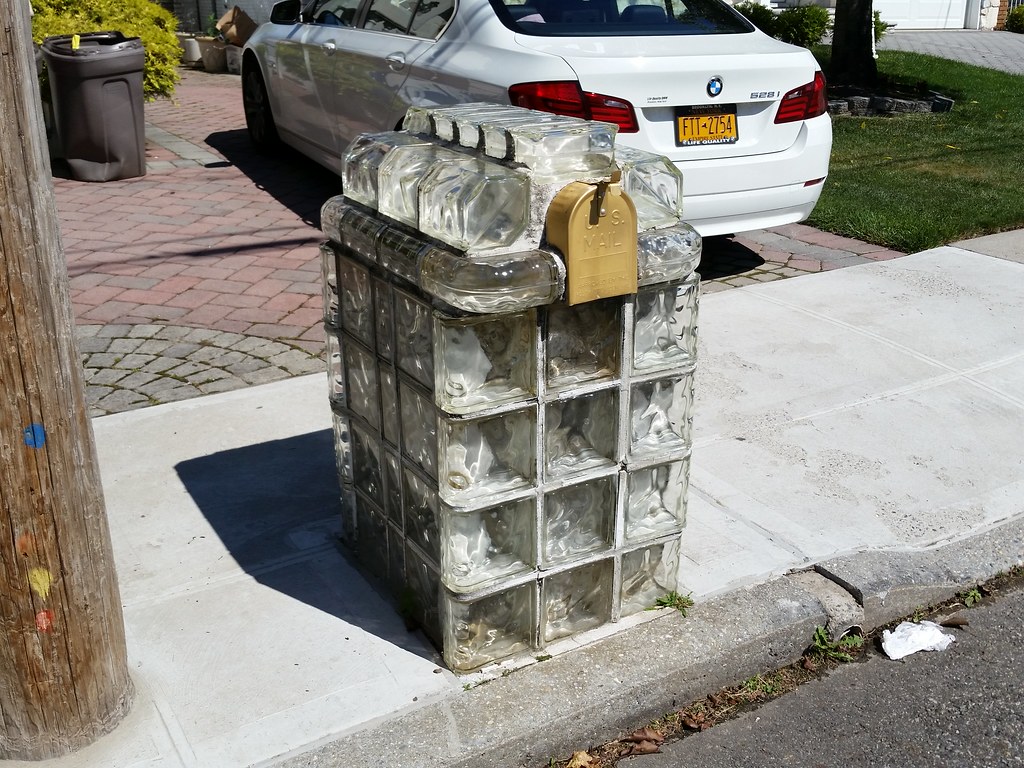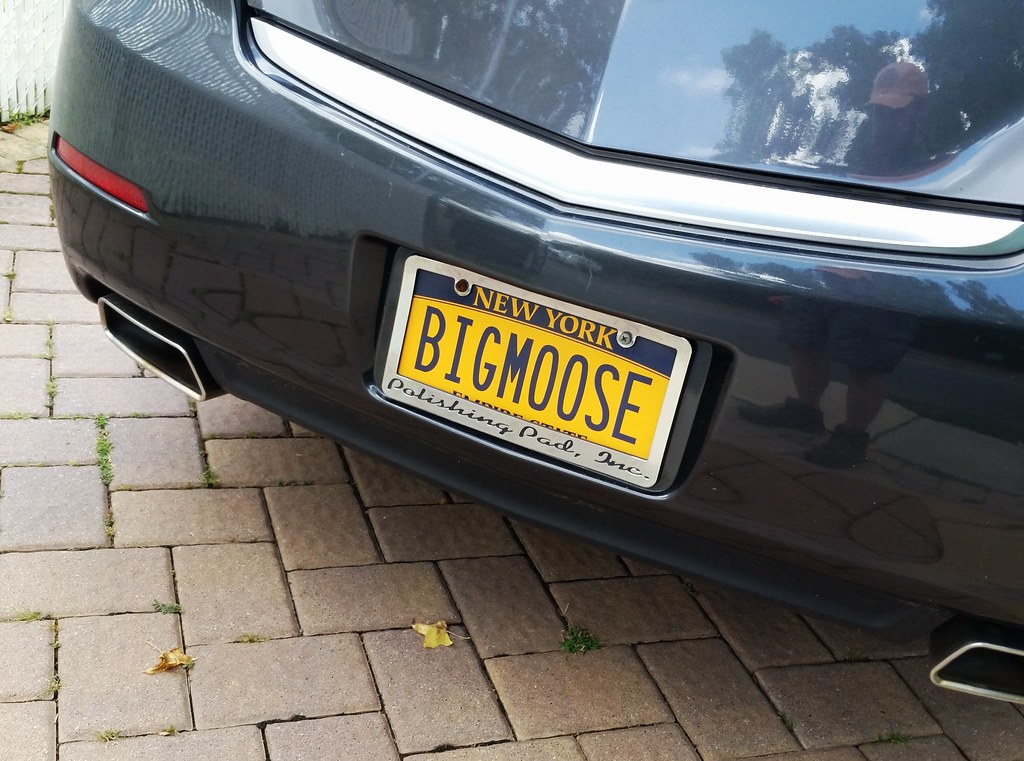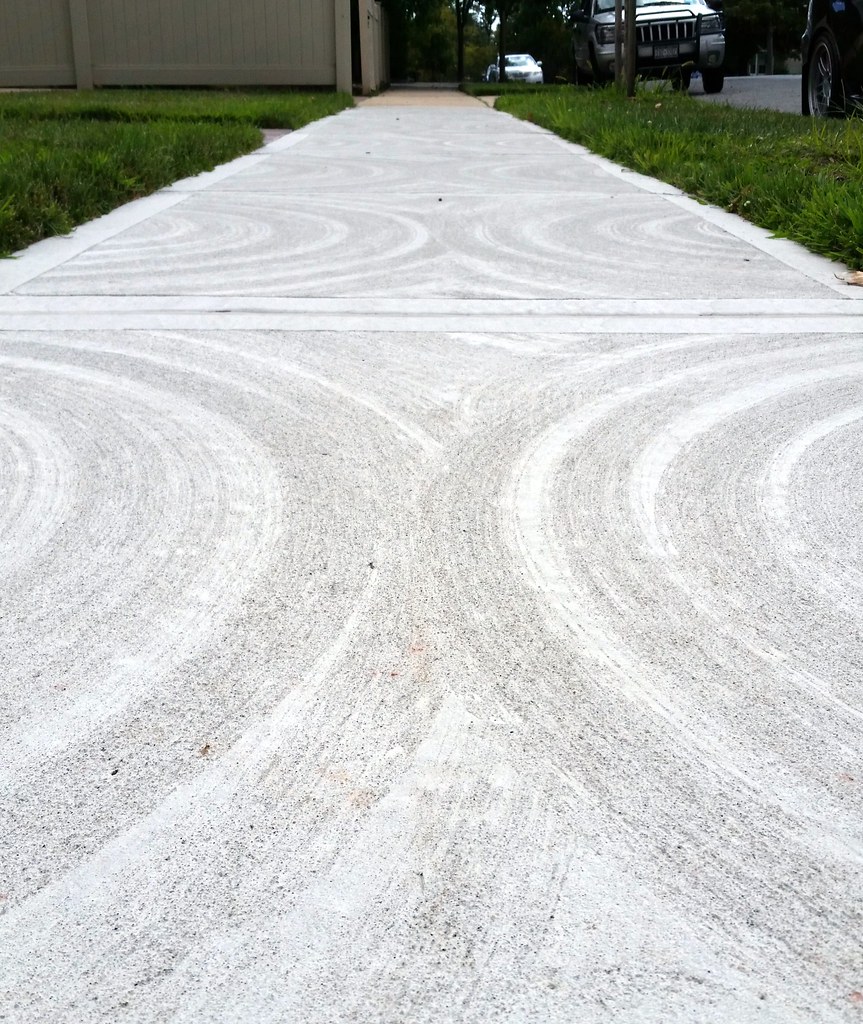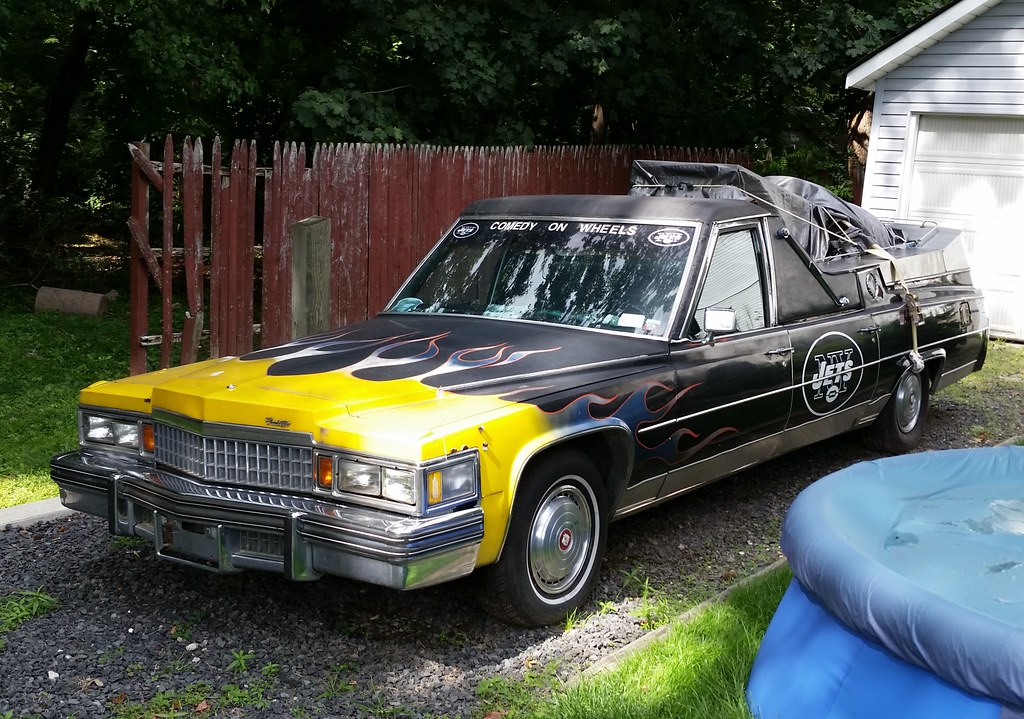
The Staten Island Bluebelt is an award winning, ecologically sound and cost-effective stormwater management for approximately one third of Staten Island’s land area. The program preserves natural drainage corridors, called Bluebelts, including streams, ponds, and other wetland areas. Preservation of these wetland systems allows them to perform their functions of conveying, storing, and filtering stormwater. In addition, the Bluebelts provide important community open spaces and diverse wildlife habitats. The Bluebelt program saves tens of millions of dollars in infrastructure costs when compared to providing conventional storm sewers for the same land area. This program demonstrates how wetland preservation can be economically prudent and environmentally responsible.
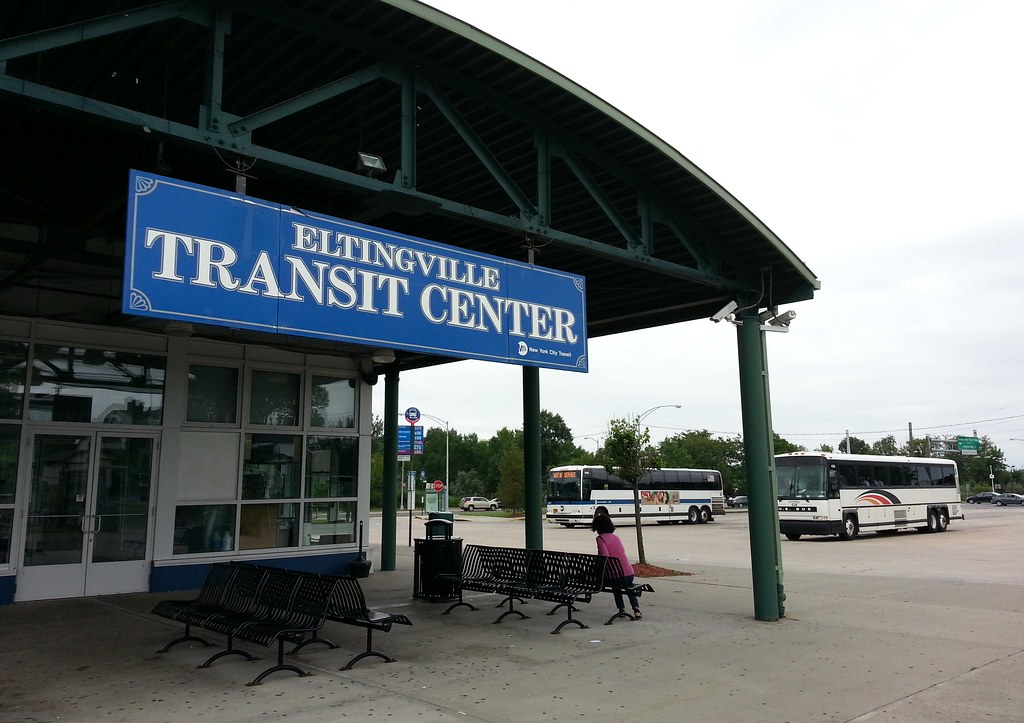
In 2010, the NY Times ran a little day-in-the-life account of the goings-on at this park-and-ride bus hub:
At 12:36 p.m., one of the pay phones inside the center rang.
"Hello," said the man on the other end, sounding as if he was trying to keep calm. "Someone called me from this number like 10 times?"
He had reached a bus station on Staten Island, he was told.
"O.K.," he said, and hung up.
Nine minutes later he called back, wanting to know who had been calling him earlier.
"Because someone’s harassing me now, and this is in the middle of a police investigation," he said. "Where is this place?"
The Eltingville Transit Center.
"O.K.," he said, and hung up again.

You can see this unusual house a little better in the winter.

From the Purple Martin Conservation Association's website:
Today, east of the Rockies, Purple Martins are the only bird species totally dependent on humans for supplying them with nesting sites. And they have been managed by man longer than any other North American species. If humans were to stop supplying martins with homes, they would likely disappear as a breeding bird in eastern North America.In 2003, the NY Times reported that this seasonal purple martin colony here in Annadale and another a bit further south down the Staten Island shore were the only two in the city.
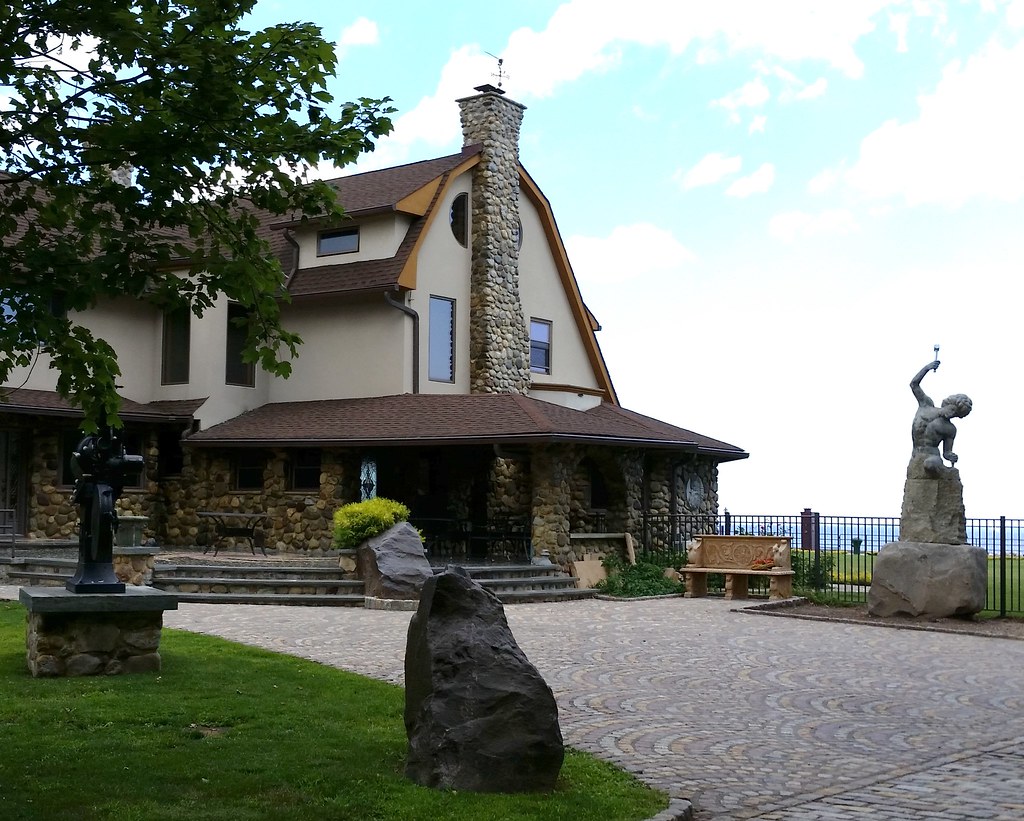
Julius R. Nasso, a movie producer best known for his work with Steven Seagal in the 1990s, opened this editing and post-production facility several months after his 2005 release from prison. He had been incarcerated for about 10 months for conspiring with members of the Gambino crime family to extort from Mr. Seagal — by way of "an old-fashioned mob shakedown in a dark Brooklyn restaurant" — hundreds of thousands of dollars that he claimed the actor owed him.
By the way, Mr. Nasso is now "grooming a new action star". His name is Tony Schiena, and he's "a former karate champion who has run international security operations and trained military and law enforcement personnel in hand-to-hand combat and escape techniques".
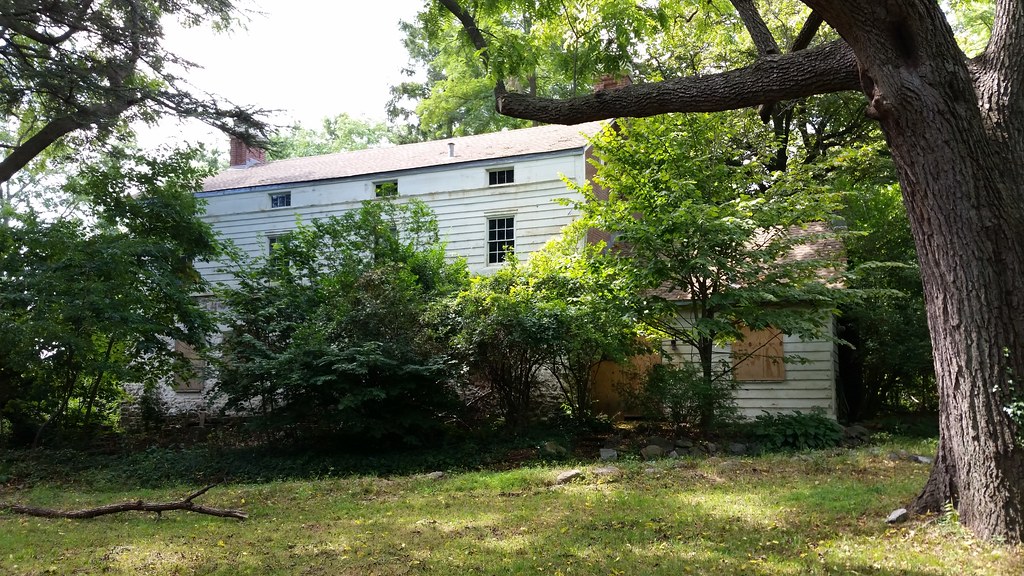
The oldest part of this house — half of its basement — can be traced back to a one-room stone shelter erected here in the late 1600s, but most of the current structure dates to the 1700s and 1800s. The last major addition was built by a young Frederick Law Olmsted, who moved here from Connecticut in 1848 at the age of 25 to pursue his agricultural ambitions. The property had previously been used to grow wheat, but Olmsted turned the place into a fruit farm and tree nursery, while also dabbling in landscape design. (Some of the trees he planted are still standing, including the black walnut at right.) A friend of his later recalled:
The whole place was as dirty and disorderly as the most bucolic person could desire. It was on the surroundings of the house that Olmsted first showed his genius in landscape construction.Olmsted would go on from these modest beginnings to become America's foremost landscape architect, most famously designing Central and Prospect Parks with his partner Calvert Vaux. The Parks Department, appropriately, purchased his Staten Island house in 2006, but does not currently have the funds to renovate it and open it to the public.
He moved the barns and all their belongings behind a knoll, he brought the road in so that it approached the house by a graceful curve, he turfed the borders of the pond and planted water plants on its edge and shielded it from all contamination. Thus, with a few strokes and at small expense he transformed the place from a very dirty, disagreeable farmyard to a gentleman's house.

After finishing my walk in Staten Island and heading to Brooklyn, I noticed a cool engraving on this building at Grand and Waterbury Streets that I had missed when I previously walked by.
Sounds like F.H. Von Damm started as a grocery store before becoming an animal feed and fertilizer wholesaler. And the business seems to have lasted well over 99 years at this location.




